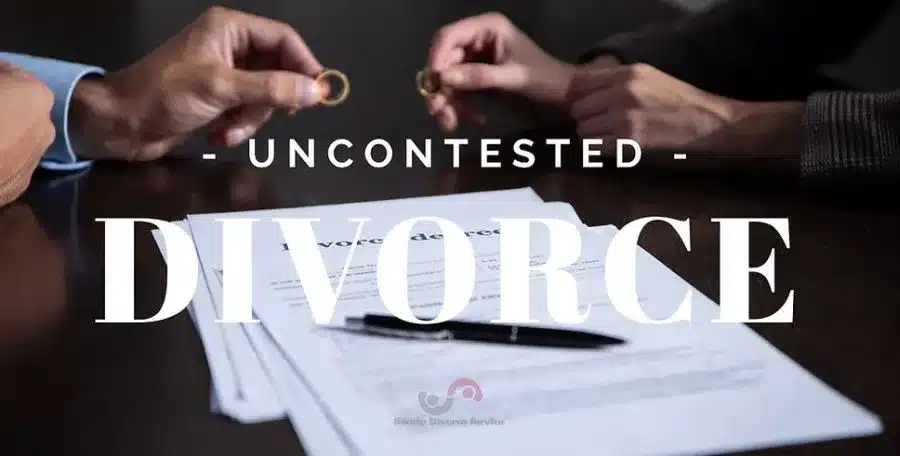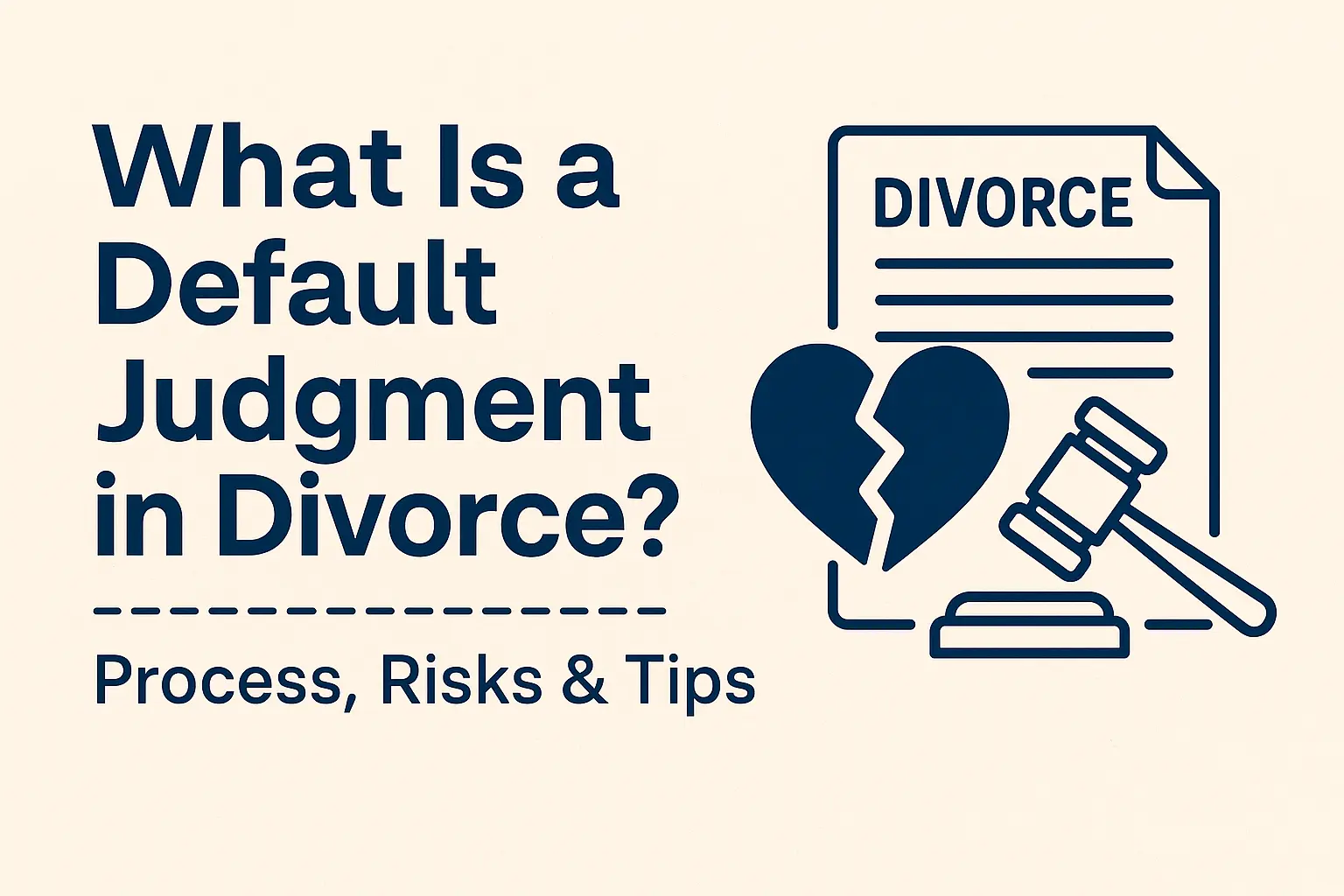Using a Special Warranty Deed in Texas, the seller who currently owns the property guarantees they have not faced any title issues. This guarantee applies during the time of his or her ownership of the property.
The “warranty” in a Warranty Deed is a warranty of title, and not a warranty of property condition. The seller is promising he or she owns the property without liens.
The seller is not promising the property is in good condition, such as the foundation, plumbing, roof and other items. If a Seller wants to sell the property “AS IS”, a special clause needs to be added to the deed.
Note: If the history of the property is unclear, it is advisable to avoid a Special Warranty Deed. We recommend using the General Warranty Deed when possible.
As a rule, Seller’s prefer using a Special Warranty Deed and Buyer’s prefer receiving a General Warranty Deed. This is because a Special Warranty Deed limits the Seller’s liability for title defects. It is similar to a limited warranty vs. unlimited warranty when you purchase a car.
What is a Special Warranty Deed
A Special Warranty Deed transfers property title. However, it limits the seller’s guarantees or warranties against title defects. Using this deed limits the seller’s liability for claims against the property. This liability only covers the time period of his or her ownership.
This deed differs from the General Warranty Deed which provides unlimited express and implied warranties for all time.
We recommend that you use a Special Warranty Deed only if the parties know and trust each other. Alternatively, use it if a title company has conducted a title search verifying the seller owns the property. Further, ensure there are no liens or other encumbrances on the property.
For example, if you own the property and want to transfer it to your son, daughter, spouse, or to your LLC, most people use a Special Warranty Deed.
Good to know: Using the words “grant, sell, and convey” in a deed gives implied warranty. Certain warranties are implied in most deeds.
For example, that the grantor currently owns the property being sold. Another example is that there are no undisclosed liens on the property. Implied warranties are unwritten and are imposed by Texas law.
On the other hand, express warranties are in addition to the implied warranties. They may be oral or written.
Related: General Warranty Deed vs Special Warranty Deed

Special Warranty Deed After Divorce in Texas
Special Warranty Deeds are commonly used when property owners are divorcing or are divorced.
Since the parties both own the property, it is acceptable to use a Special Warranty Deed. You can use it when one owner transfers his or her interest in the property to the other owner.
Good to know: In a divorce situation, it is recommended that you get a Special Warranty Deed signed as soon as possible. After the divorce, it may become difficult or impossible to get a deed signed by an ex-spouse.
If necessary, you can email the Special Warranty Deed to be signed anywhere, including another state or another country. The document can be emailed, printed, and signed in front of any notary anywhere.
In some cases, if the property was awarded to you in the divorce and your ex-spouse refuses to sign a deed or cannot be found, you may be able to file a certified copy of the divorce decree in the property records. The divorce decree may operate as a muniment of title.
Note: A deed, either a Special or General Warranty Deed, does not remove you or your ex-spouse from the mortgage or the Deed of Trust. Only the mortgage company can remove a person from the mortgage.
The deed will remove a person from ownership of the property, but it does not remove an owner from the debt known as the mortgage.
Good to know: Many people mistakenly think they need a Quit Claim Deed. Many mortgage companies suggest a Quit Claim Deed. Do not use a Quit Claim Deed in Texas. Use a Special Warranty Deed.
Limits or Restrictions of Special Warranty Deeds:
- The seller only warrants title from the time he or she acquired ownership of the property.
- As such, the seller is guaranteeing that a buyer will not be subject to legal action or title issues that arose during seller’s ownership of the property.
- A seller must defend against undisclosed defects that occurred during the time of his or her ownership of the property.
- A seller must defend against undisclosed defects that occurred during the time of his or her ownership of the property.
- A seller does not need to defend against undisclosed defects that occurred before his or her ownership of the property.
To summarize, a Special Warranty Deed states that there were no claims against the property title during the time when the seller or grantor owned it.
On the other hand, a General Warranty Deed states that there were no title defects at any point in time.
Difference Between a Special Warranty Deed and a General Warranty Deed
The important difference between a special warranty deed and a general warranty deed is the length of time the property title is warranted or guaranteed.
While a general warranty deed warrants against title defects, a special warranty is more limited. Use it even if those defects existed prior to the seller’s ownership.
For example, the special warranty deed does not offer protection for claims which happened prior to the seller’s ownership. This deed only warrants that the title is clear from claims which may have occurred during the current seller’s ownership.
Subsequently, this deed does not guarantee an “unbroken chain” of title. A general warranty deed would be needed to make this guarantee.
What to do if There is a Breach of the Warranty?
There may be a breach of warranty if you purchase property from someone and find out there is a problem with your title. If this is the case, contact a lawyer to determine what rights, if any, you have against your Seller.
Good to know: The most common breach of warranty claims are liens, such as a judgement or tax lien, or an undisclosed owner, such as an heir.
If your Seller signed a Special Warranty Deed [a limited warranty deed], you may have rights against your Seller only if the Seller caused the problem or it occurred during your seller’s ownership of the property. However, if it occurred prior to your Seller’s purchase of the property, you may not have any claims against your Seller.
You will need to file a lawsuit against the Seller and prove that the Seller breached his or her warranty of title. It is recommended to hire a lawyer to file the lawsuit. Do not pursue the legal case yourself.
This is the main reason you should get title insurance when you do not know your Seller or the ownership history of the property. Hence, if a claim arises after you purchase property, you risk losing the property and your money.
Read More: The Most Common Reasons for Divorce in Texas
Looking for more advice about divorce? Here are a few of our favorite resources:





